In the United Arab Emirates (UAE), ensuring safety in homes and workplaces is paramount, especially when it comes to handling emergencies like poisoning incidents. The immediate and correct response to such emergencies can dramatically reduce the risks involved and potentially save lives. This blog aims to guide residents and employees across the UAE on how to effectively manage poisoning incidents, emphasizing the importance of preparedness, immediate action, and prevention.
Understanding Poisoning
Poisoning can sneak up on us in many forms, whether we accidentally inhale fumes, swallow something harmful, touch a toxic substance, or get exposed through a prick or injection. The culprits range from household cleaners and prescription meds to certain plants and invisible gasses. Spotting the signs of poisoning is the crucial first step in responding effectively.
While the signs of poisons can be varied, they often include noticeable symptoms such as:
- Difficulty breathing.
- Feeling nauseated or throwing up.
- Dizziness.
- Experiencing seizures.
- Losing consciousness.
Being able to identify these symptoms quickly is essential for taking the right action.
Immediate Actions: What to Do
When a poisoning incident occurs, it’s crucial to assess the situation swiftly and accurately. Identifying the type of poison, the method of exposure, and the time since exposure are all vital pieces of information for emergency responders. Safety must always come first, both for the rescuer and any bystanders, to avoid any additional incidents.
It’s essential to call for help immediately. Dialing the UAE’s emergency number (998 for ambulance services) or the Poison Control Centre is the initial step in securing professional assistance. Offering detailed information about the incident will enable a faster, more efficient response.
Specific First Aid Measures
When dealing with poisoning incidents, the specifics of first aid can greatly vary depending on the type of exposure. It’s important to understand that each situation demands a tailored approach. Here’s what you need to know to respond effectively to different types of poisoning exposures:
For Ingested Poisons
Avoid inducing vomiting unless instructed by a medical professional. If the person is conscious, giving them a small amount of water or milk might be recommended, but only if professional help advises you to do so. Keeping the person calm and immobile can help slow the absorption of the poison.
For Inhaled Poisons
For inhaled poisons, it’s imperative to move the affected individual to fresh air as swiftly as possible, all the while ensuring your own safety. Keeping the person warm and vigilantly monitoring their breathing are crucial steps, along with being prepared to administer CPR if the situation calls for it. Additionally, it’s vital to avoid re-exposure to the toxic environment and ensure that professional medical help is on the way to provide the necessary treatment.
For Skin Contact
For skin contact with poisons, carefully removing any contaminated clothing is a critical first step, followed by thoroughly rinsing the affected skin with lukewarm water for at least 15-20 minutes. It’s important to avoid applying creams, ointments, or any remedies without professional medical advice, as some substances can react negatively with the poison. Seek medical attention promptly to evaluate the need for further treatment and to prevent any potential complications.
For Eye Exposure
In cases of eye exposure to poisons, it’s vital to gently rinse the eye with lukewarm water for at least 15 minutes, making sure to wash beneath the eyelids carefully without exerting pressure. Encourage the individual to resist the urge to rub their eye, as this can exacerbate the irritation or spread the contaminant further. This procedure helps to minimize damage and provides initial relief until professional medical help can be sought.
Legal Considerations in the UAE
The UAE has specific legal obligations regarding the reporting and managing of poisoning incidents, especially in the workplace. Being familiar with the Federal Law No. 8 of 1980 and its amendments on Occupational Safety and Health Regulations is crucial. Compliance ensures safety and legal protection for employers and employees alike.
While not a legal requirement, every workplace should have clear signage and accessible first aid kits are vital for ensuring safety and compliance with health regulations. This not only protects your employees in the event of an emergency, but also protects your business from litigation. Signage must be visible and informative, directing employees to safety equipment and emergency exits, while first aid kits should be fully stocked and readily available for immediate use in case of minor injuries or emergencies. Together, these essential safety measures help create a safer and more prepared work environment. Consider enrolling your employees in an Emergency First Aid At Work Course to further enhance workplace safety and preparedness.
Lifesaving Skills for Every Situation: Join Blueguard First Aid Training
Recognizing and treating poisoning promptly can save lives. Awareness and preparedness are key to prevention. By following these protocols, UAE residents and employees can create safer environments in their homes and workplaces. Remember, swift and appropriate action during a poisoning incident is critical, and calling emergency services provides specialized assistance tailored to the situation. Stay safe and prepared; your knowledge and actions can significantly impact an emergency.
Ready to empower yourself with life-saving skills? Join our Blueguard First Aid Training course today! Dive into comprehensive courses designed for all levels, from beginners to advanced, and master the art of first aid, including specialized techniques for responding to poisoning incidents. Whether at home or in the workplace, be the hero in an emergency. Enroll now and take the first step towards becoming a certified first aid responder with Blueguard.
Your journey to making a difference starts here!
